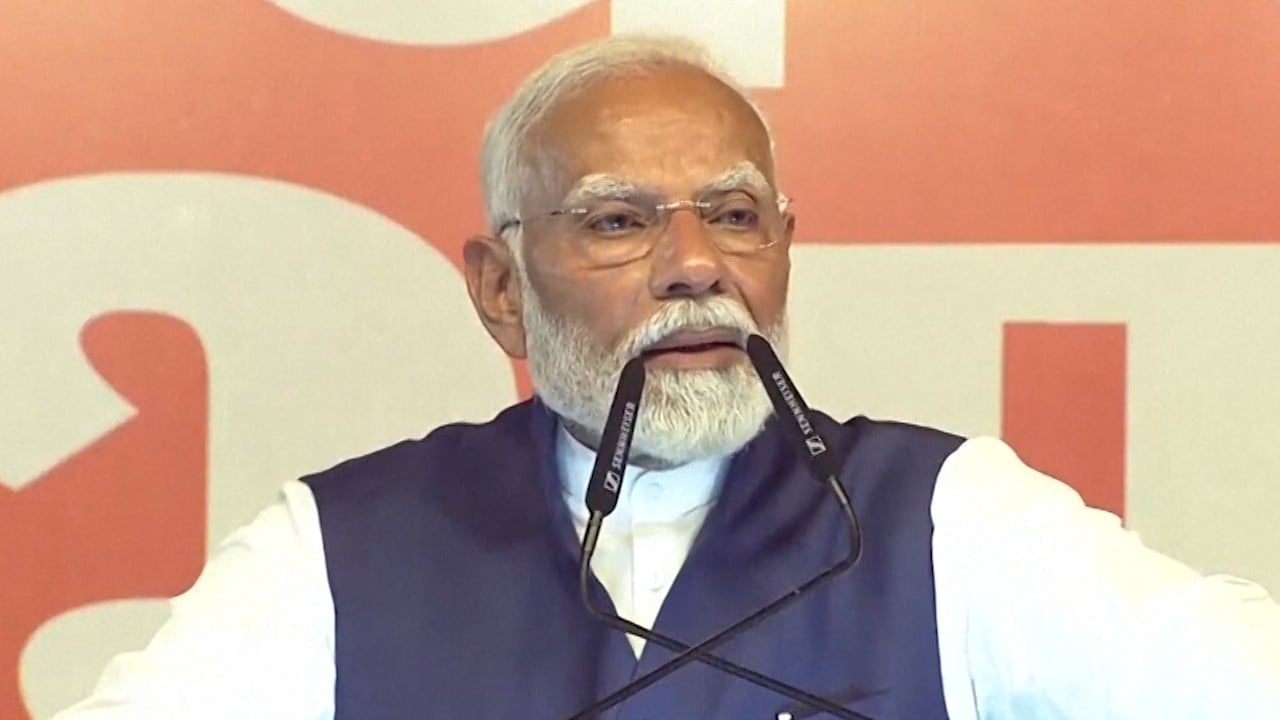
Global impact | Challenges remain for Narendra Modi despite securing third term as India’s prime minister
- In this week’s issue, we look at what Narendra Modi’s victory in the Indian elections means for India, but also its tense relationship with China
Both in its foreign policy and security challenges, India under Modi 3.0 continues to face ongoing challenges.
But external economic opportunities are also making their presence felt.
60-Second Catch-up
Deep dives
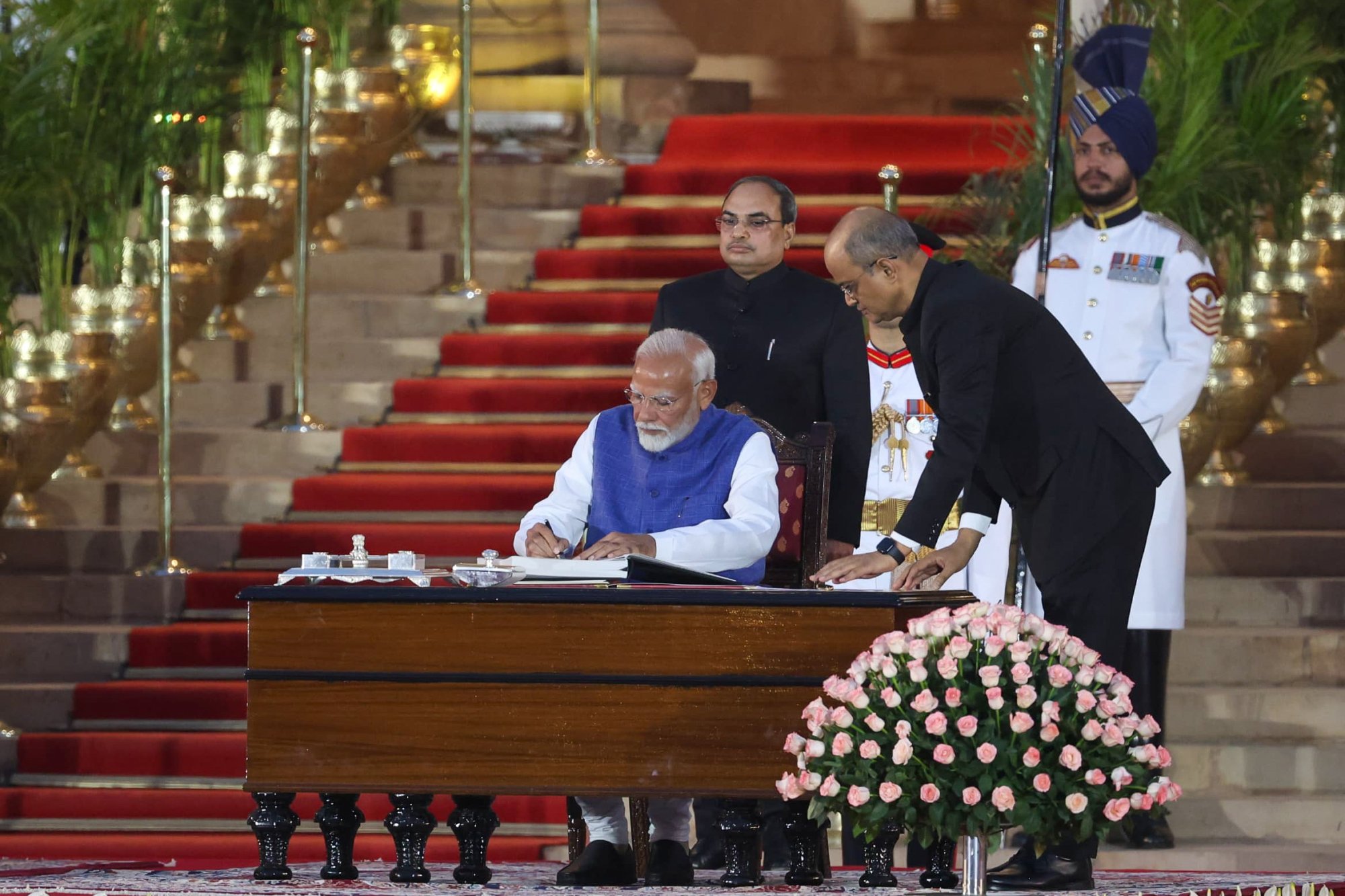
India’s Modi unveils BJP-dominated cabinet. Will his allies demand more roles?
-
PM Narendra Modi will be able to ensure policy continuity as his core ministers are from the ruling Bharatiya Janata Party, analysts say
Modi has kept his team of Home Minister Amit Shah, Defence Minister Rajnath Singh, Finance Minister Nirmala Sitharaman and Foreign Minister S Jaishankar – all four ministers from the ruling Bharatiya Janata Party (BJP) will be part of the powerful Cabinet Committee on Security headed by the prime minister.
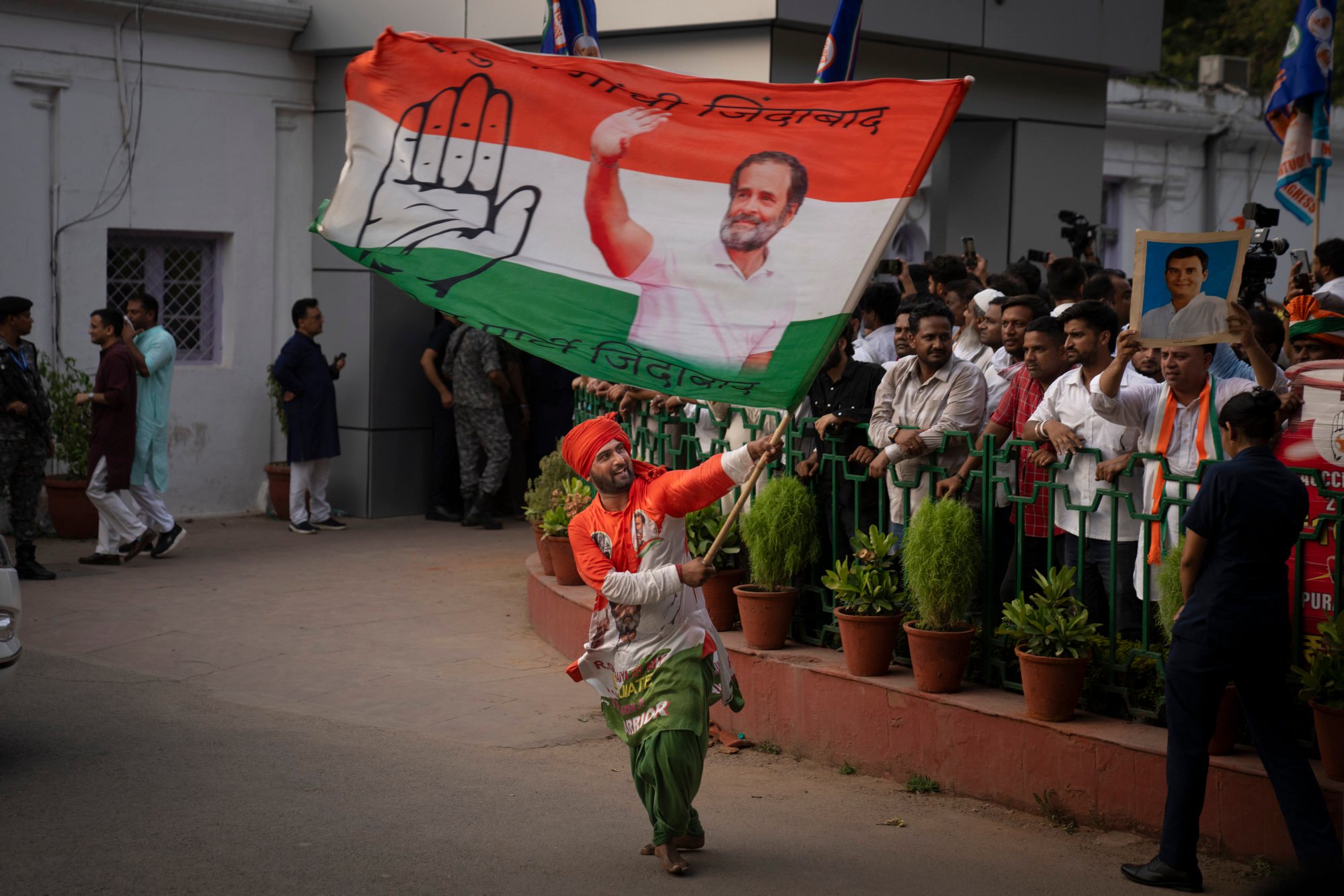
‘Congress has revived’: India election gains spur hope for renewal, growth
-
Congress has regained lost ground in northern states in this election, but there is still much work to do before it can return to power, analysts say
After Prime Minister Narendra Modi led the Bharatiya Janata Party (BJP) to emphatic wins in the last two national elections, a chant started growing louder among its workers – that of a Congress party-free India. But a setback for the BJP in its Hindi-speaking stronghold in this year’s polls has signalled a possible revival of the opposition, analysts say.
Congress trailed far behind the BJP with 99 seats compared to its rival’s 240 this year, but its unexpected victories together with allies in the region mean India’s grand old party may not yet be completely marginalised, they say.
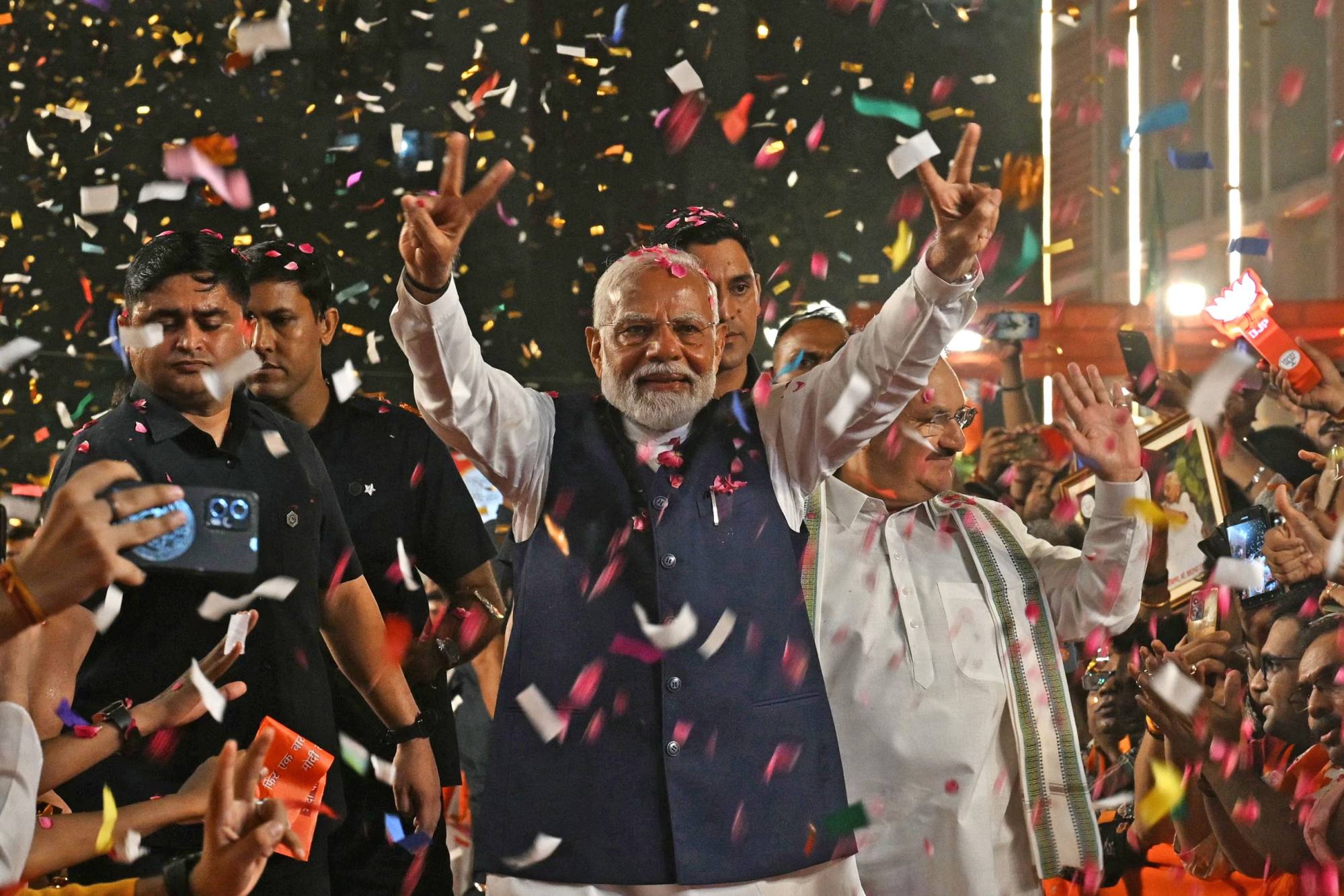
Can Modi press ahead with crucial economic reforms after India’s election?
-
While PM Narendra Modi may not have won a parliamentary majority, he could still succeed in implementing reforms if history is a guide
Modi’s Bharatiya Janata Party (BJP), which emerged the winner but fell well short of its target of an overwhelming parliamentary majority, is expected to be sworn into office this weekend with the support of allies under the National Democratic Alliance (NDA).
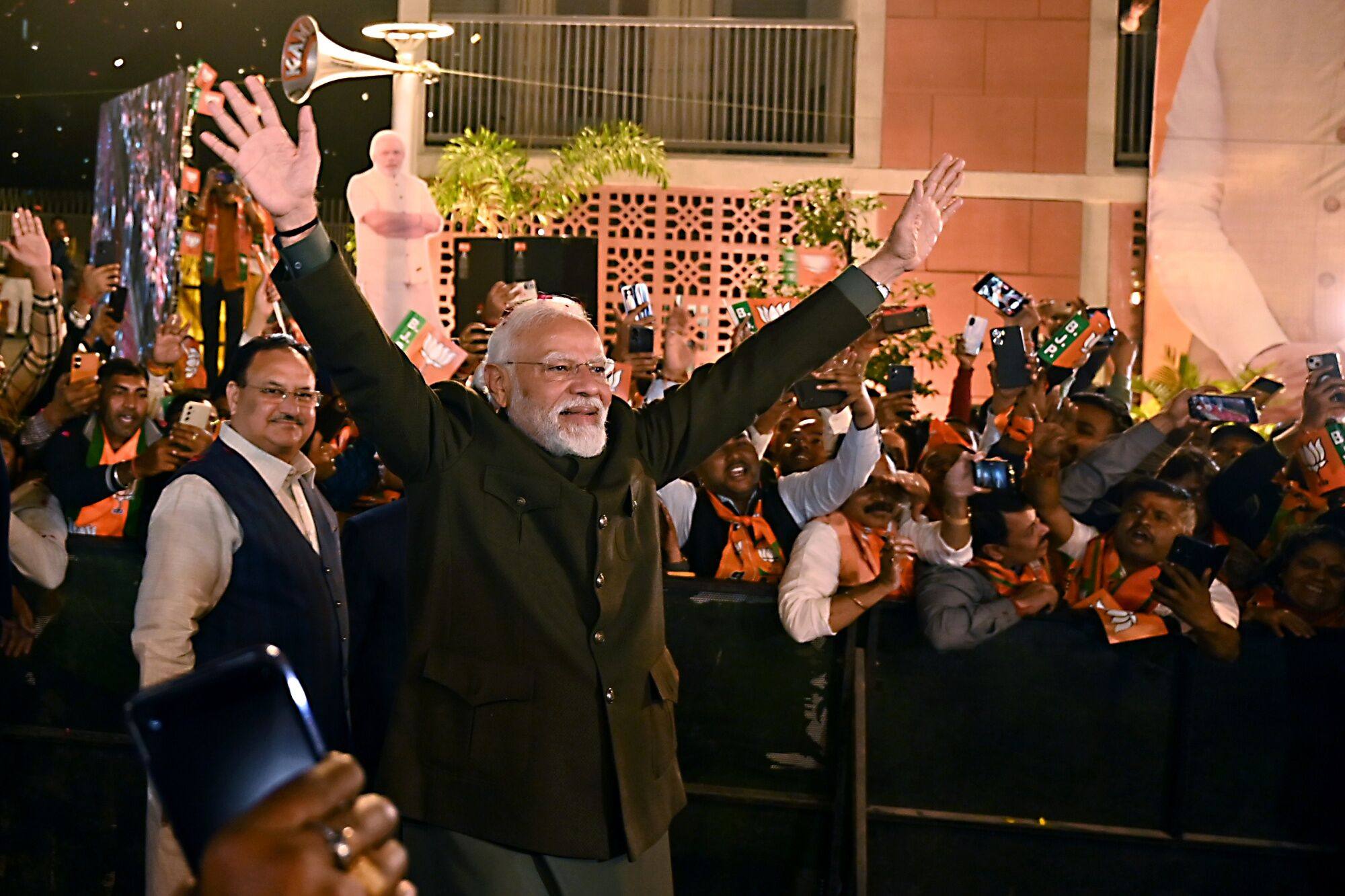
Where are India’s ties with the US, China headed in third Modi term?
-
Poorer-than-expected performance by prime minister’s ruling party unlikely to alter joint initiatives between Washington and New Delhi, analysts say
-
But unresolved border dispute and concerns over China’s risen profile define ‘more complicated’ Sino-Indian relationship
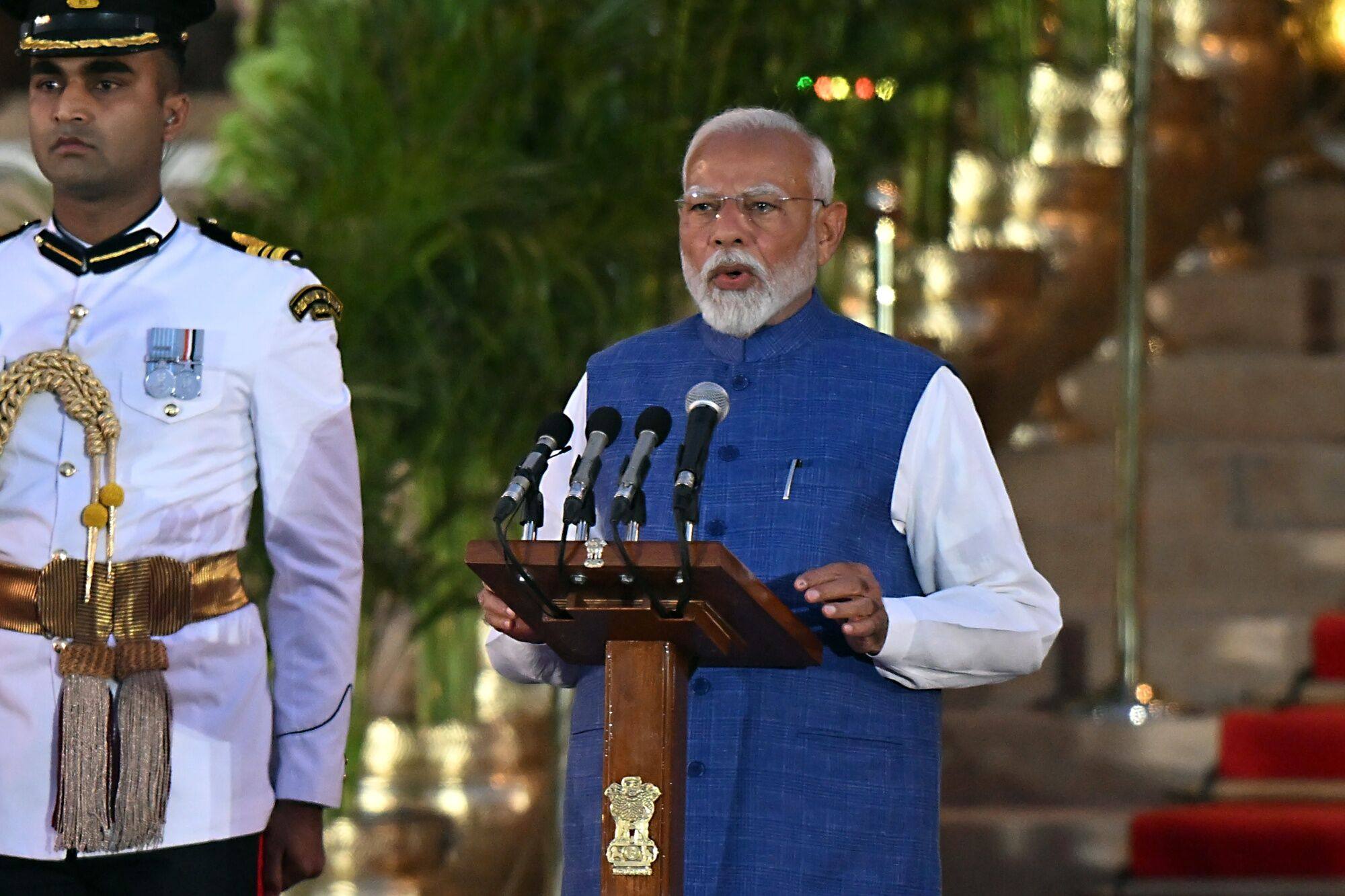
Modi 3.0: India’s China focus, Pakistan pressure, regional sway to persist
-
India’s PM had to rely on coalition partners to cling on for a third term. But analysts don’t expect it to alter his foreign policy priorities
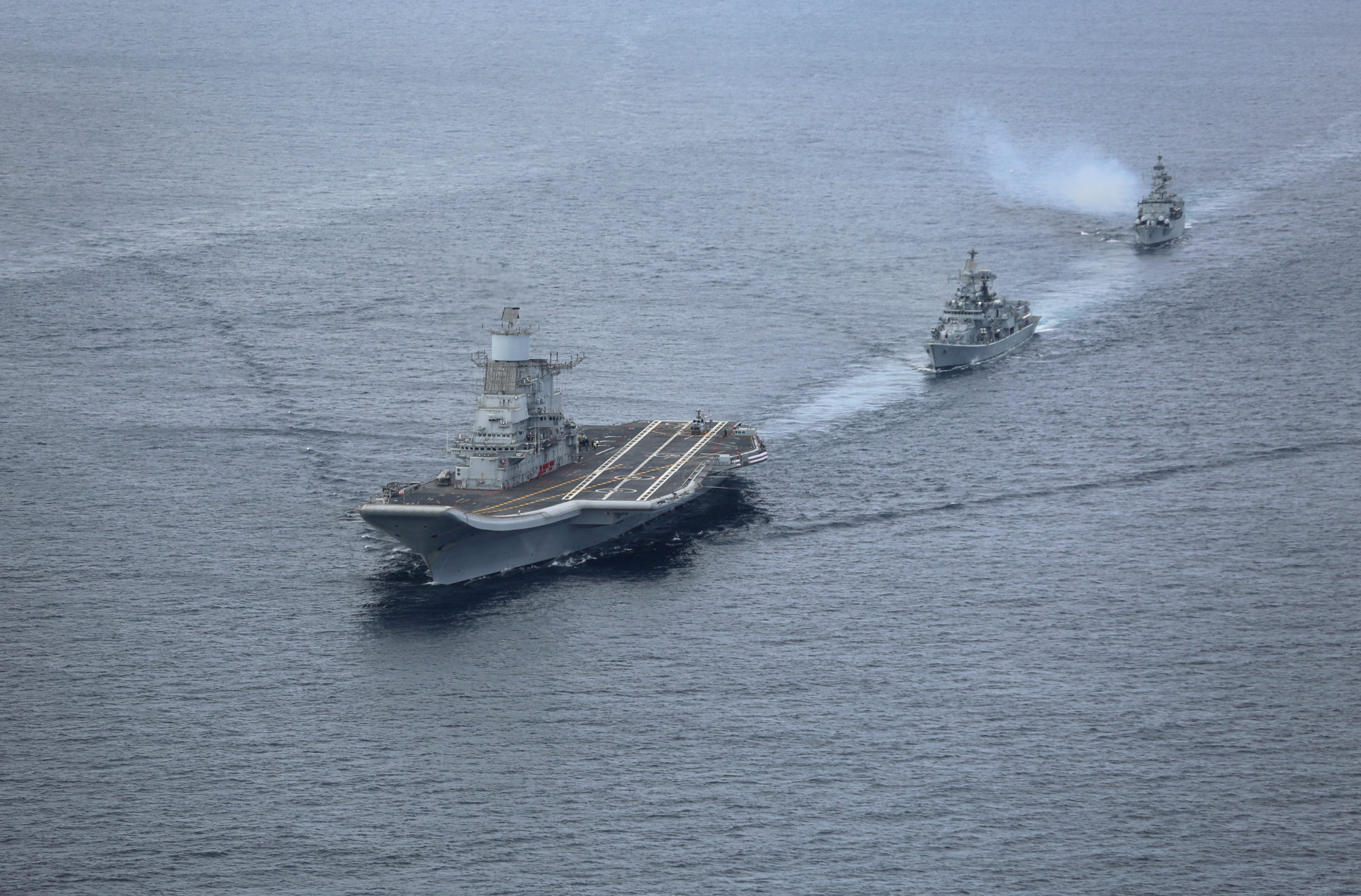
India wants ‘5 or 6’ more aircraft carriers – but high costs loom large
-
New Delhi’s defence minister is ‘stargazed without a concrete plan in place’ in the face of tight budgetary constraints, analysts say
India’s Defence Minister Rajnath Singh said last month that his country would soon start building its third aircraft carrier, the proposed INS Vishal, adding that New Delhi “will not stop at that [three carriers]. We will make five, six more”.
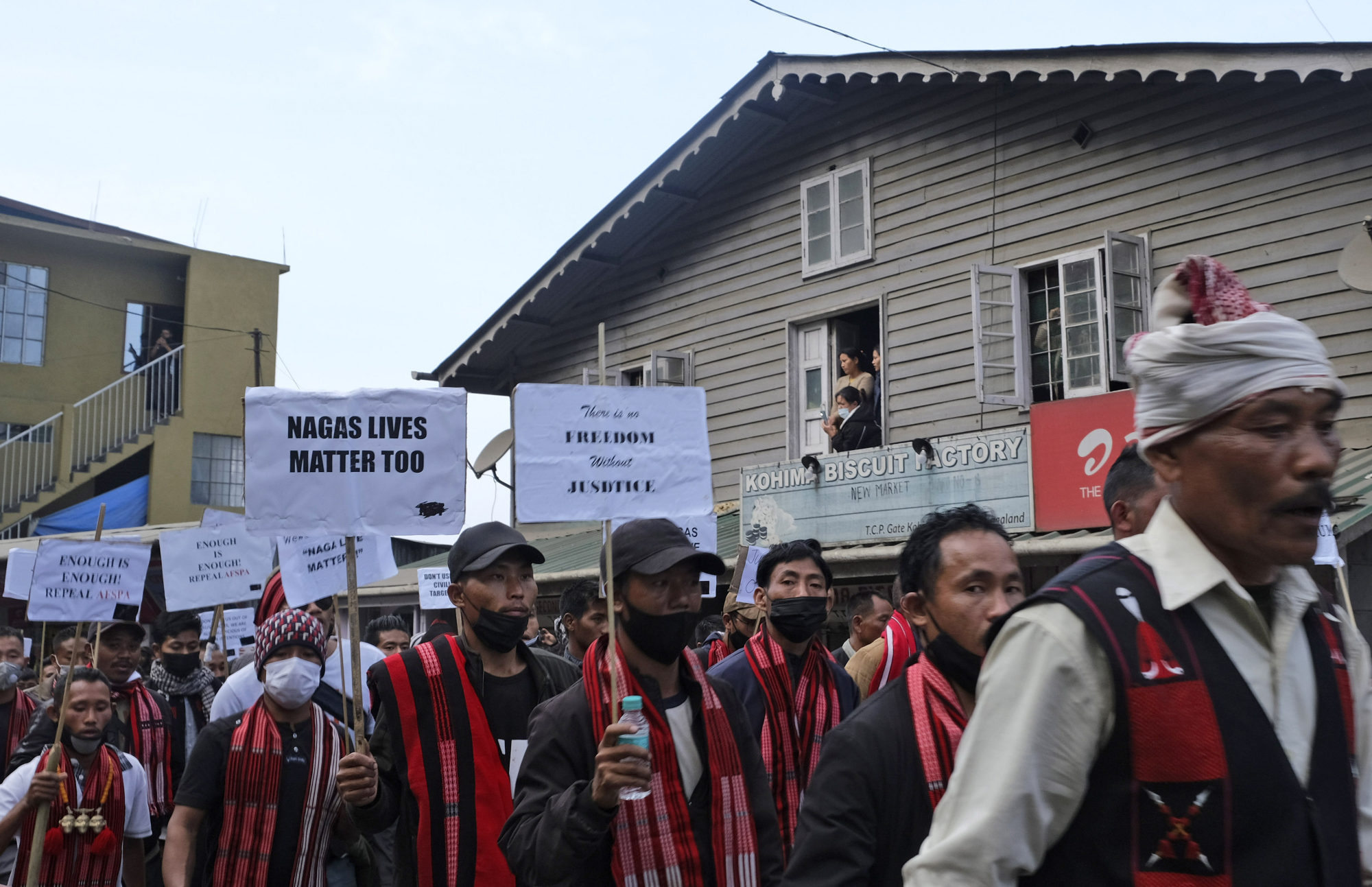
Why India’s worried about China, Myanmar as conflict flares up in northeast
-
Trouble has returned to India’s remote northeast bordering Myanmar, a region with historically testy ties with New Delhi
-
India fears Myanmar could offer a safe haven for insurgents to regroup, as it also harbours suspicions rival China could be backing separatist groups
Trouble has returned to India’s remote northeast, a region that has long had a testy relationship with New Delhi. The area spans seven states, including four that share a border with Myanmar and one with China.
More than 200 ethnic groups and tribes live across the resource-rich region, where several insurgents and separatist movements operate.
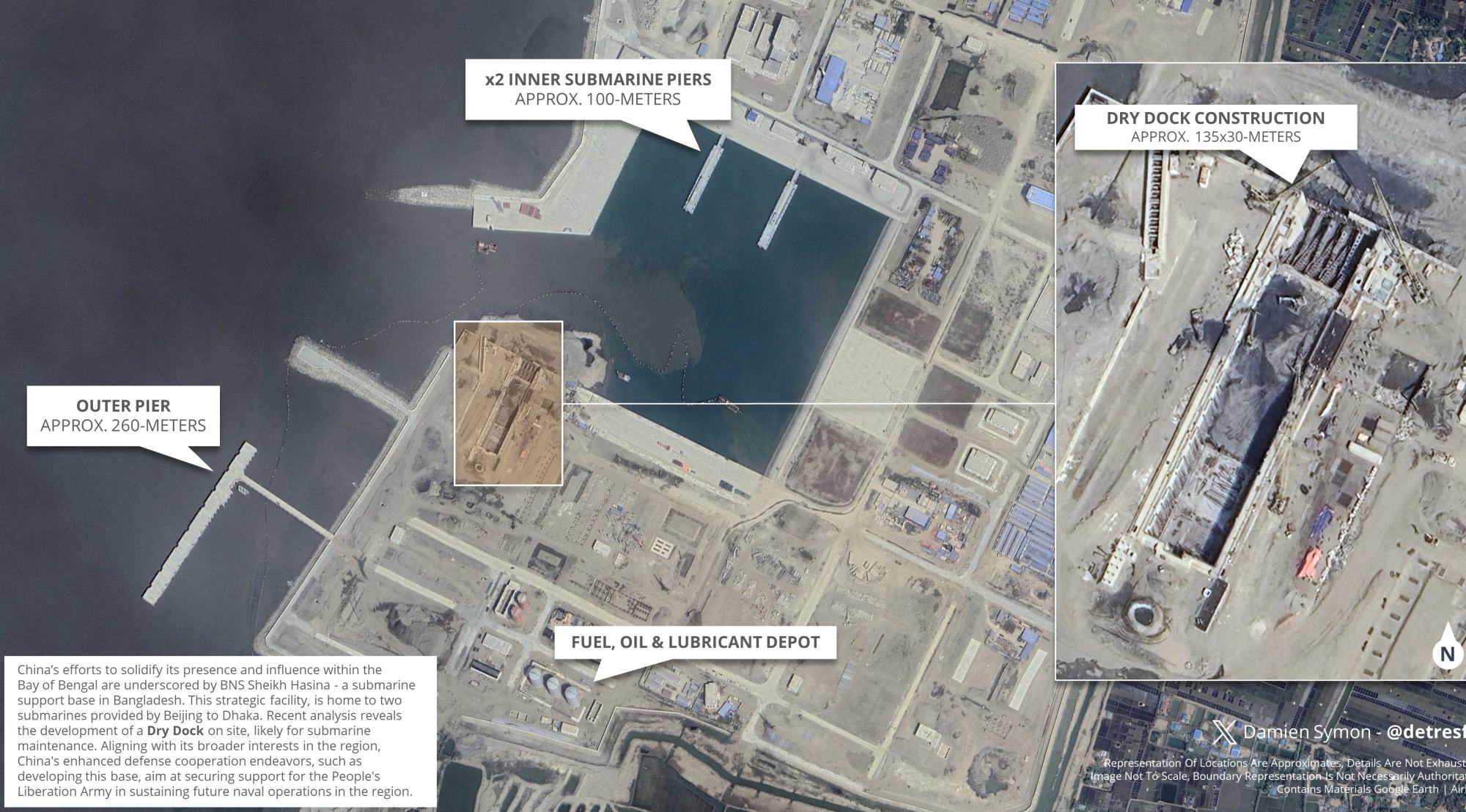
Bangladesh’s China-backed naval dock heightens power play in India’s backyard
-
New Delhi isn’t ‘overly concerned’ by the development, analysts say, given the strong security and defence ties India has with Bangladesh•
-
But that could change if China’s navy is granted access to the new facility in the strategic Bay of Bengal to service its warships and submarines
In March, a satellite image of the dry dock was released on social media platform X by Damien Symon, a researcher with global intelligence research network The Intel Lab.
Global Impact is a weekly curated newsletter featuring a news topic originating in China with a significant macro impact for our newsreaders around the world.


